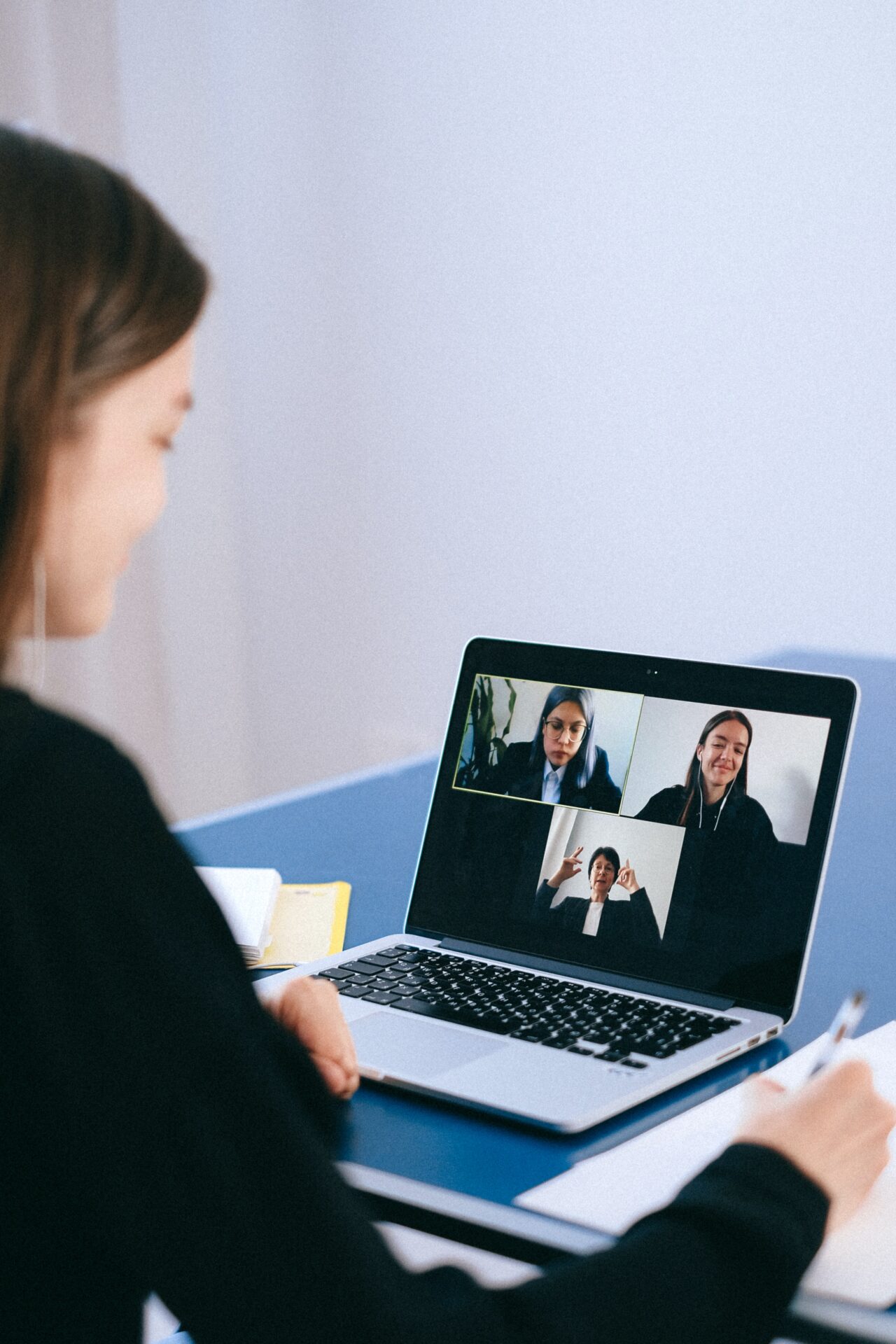Like them or loathe them, meetings are a fact of modern working life. When the first Covid lockdowns were imposed, it was meetings that many employers rushed to find solutions for, much to the benefit of companies like Zoom!
But for some neurodivergent staff, meetings can be extremely difficult for several reasons. They may find it hard to take in information verbally, or struggle with the noise if a lot of people are talking at once, if the meeting breaks into smaller groups, for example. They may struggle with the unwritten rules of meetings, come across as blunt, or find maintaining eye contact with whoever is speaking difficult. Or they may find being around other people and having to focus on social skills that do not come naturally challenging and exhausting.
So if you have one or more neurodivergent people on your team, how can you make your meetings work better for them?
Firstly, talk to them! All neurodivergent people are different, so while they may have one or more of the issues I have mentioned, their particular concerns may be completely different. Most neurodivergent people will greatly appreciate being asked what can help them, even if it is not always possible to deliver it all. Just knowing that you are aware of potential difficulties they may have ahead of time can be a huge help.
Consider if a meeting is the best way to achieve your objective at all. What is the meeting designed to achieve, and could all or some of it be done in different ways? Meetings are resource intensive, so only having them when they are the most efficient solution makes sense anyway.
If the meeting is the best solution, it may help neurodivergent team members to know in advance how the meeting will work and what is going to be discussed – a timed agenda issued ahead of time can make a huge difference. Let your team members know what is expected of them, and how you will support them. If you want a neurodivergent team member to lead on an agenda item, discuss this with them well in advance so they know what is required and can ask questions for clarification in private rather than in front of the whole group.
Sometimes physical changes can make a meeting much easier for a neurodivergent team member. If they are sensitive to bright lights, can a room where the lighting can be reduced be used, or can the meeting be held virtually so they can control their own environment? If they find noise difficult, can the meeting be in a room rather than an open plan space where there may be noise from other nearby areas.
Finally, be aware that meetings can be exhausting for some neurodivergent team members who may find that social skills do not come naturally and take a lot of energy to maintain. This could mean that they need some recovery time after a meeting, or that they can only perform well in a limited number of meetings in a day.
Meetings are all about communication, and a little communication with neurodivergent team members ahead of a meeting can make it work much better for everyone.


